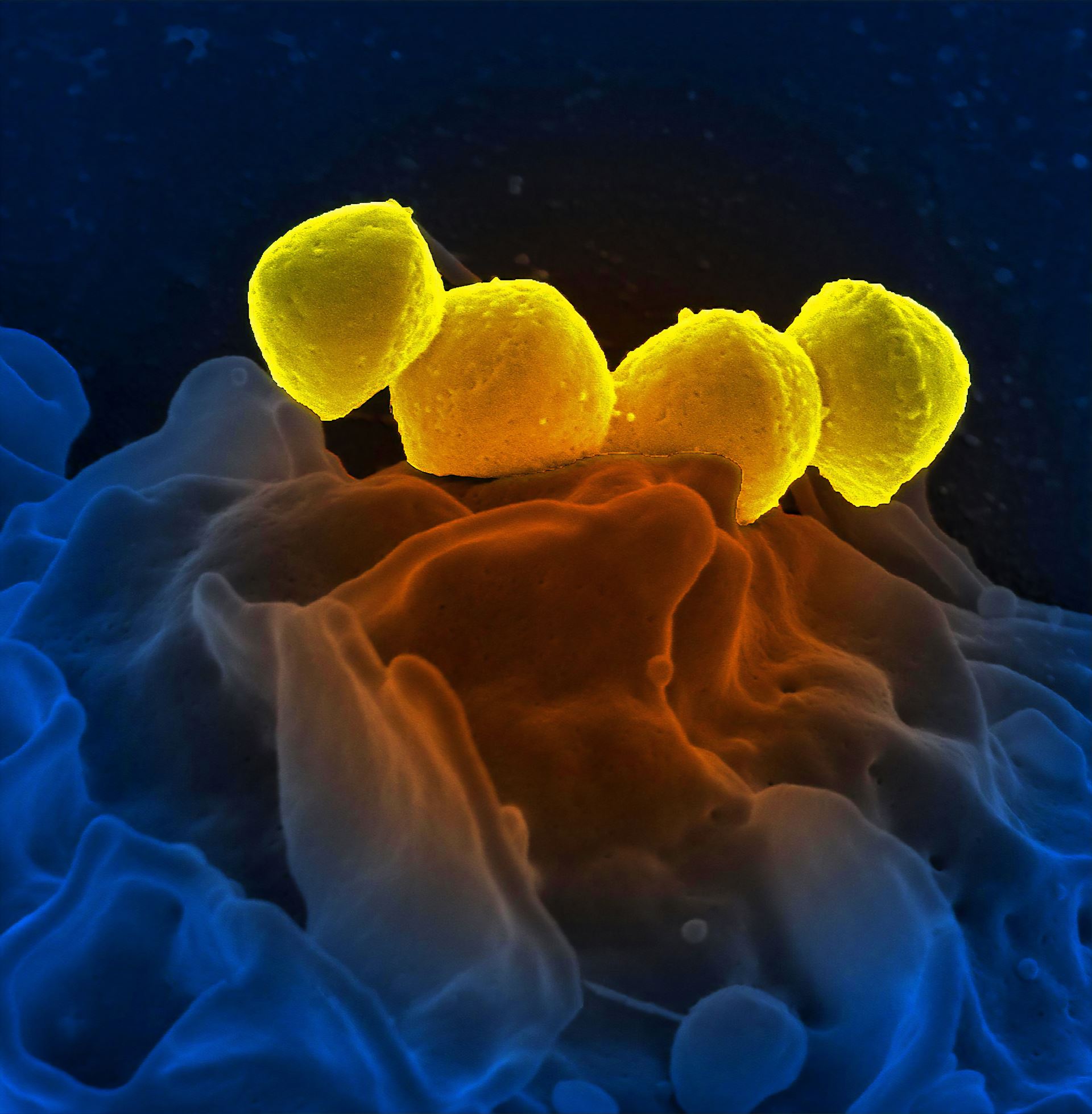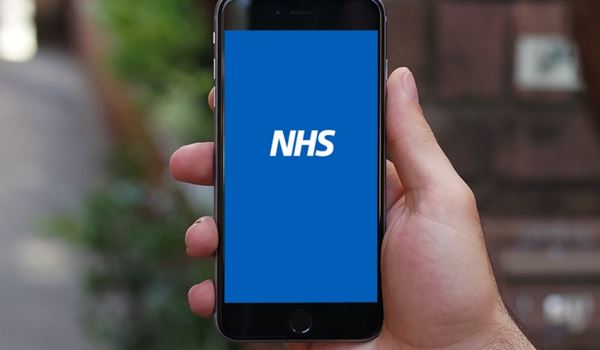Paediatric Support

Paediatric Support
HANDi App
HANDi Paediatric app: advice for common childhood conditions
Access expert advice about common childhood illnesses and how to treat them via a mobile app, called HANDi App. It is free and can be downloaded to any Apple or Android smartphone or tablet.
Developed and approved by Paediatric Consultants, the HANDi App provides expert advice on how best to manage the six most common childhood illnesses; diarrhoea and vomiting, high temperature, chestiness (baby and child), newborn problems and stomach pain.
The 'HANDi Paediatric' App aims to give parents and carers more confidence in dealing with minor conditions at home.
It's easy to use as it takes the user through a series of questions about the symptoms their child is experiencing and then advises on the best course of action, whether that's to treat at home, make a GP appointment or to go to A&E.
Handi App also contains useful information on Strep, Scarlet Fever and Covid for parents and families, as well as primary care professionals, including what to do if a child has symptoms.

Scarlet fever and strep
What is Scarlet Fever?
Scarlet fever is usually a mild illness, but it is highly infectious. Therefore, look out for symptoms in your child and if your child has Scarlet Fever, keep them at home until at least 24 hours after the start of antibiotic treatment to avoid spreading the infection to others.
Scarlet fever is caused by bacteria called Group A Streptococci. These bacteria also cause other respiratory and skin infections such as strep throat and impetigo. In very rare occasions, the bacteria can get into the bloodstream and cause an illness called invasive Group A strep (iGAS)
This year, there has been an increase in iGAS cases, particularly in children under 10, while infection is still uncommon, we know parents may be concerned and have questions.
Symptoms of Scarlet Fever
Look out for symptoms in your child, which include:
- Sore throat
- Headache
- Fever
- A fine, pinkish or red body rash with a sandpapery feel.
- On darker skin the rash can be more difficult to detect visually but will have a sandpapery feel.
- They might have a very red tongue or lips
Contact NHS 111 or your GP if you suspect your child has scarlet fever, because early treatment with antibiotics is important to reduce the risk of complications.
Why is it in the news?
You may have heard this in the news as it has been found in some children who have become very sick, very quickly. Fortunately, this is still rare. The latest data from the UK Health Security Agency (UKHSA) shows that scarlet fever cases are higher than we would typically see at this time of year. There were 851 cases reported in week 46, compared to an average of 186 for the preceding years.So far this season there have been 5 recorded deaths within 7 days of an iGAS diagnosis in children under 10 in England. During the last high season for Group A Strep infection (2017 to 2018) there were 4 deaths in children under 10 in the equivalent period.
Currently, there is no evidence that a new strain is circulating. The increase is most likely related to high amounts of circulating bacteria and social mixing.
Spread and prevention
Good hand and respiratory hygiene are important for stopping the spread of many bugs. By teaching your child how to wash their hands properly with soap for 20 seconds, using a tissue to catch coughs and sneezes, and keeping away from others when feeling unwell, they will be able to reduce the risk of picking up, or spreading, infections.
Some people can have the bacteria present in their body without feeling unwell or showing any symptoms of infections and while they can pass it on, the risk of spread is much greater when a person is unwell.
if you suspect your child has scarlet fever, keep them at home until at least 24 hours after the start of antibiotic treatment to avoid spreading the infection to others.
For people with parental responsibility
There are lots of viruses that cause sore throats, colds and coughs circulating. These should resolve without medical intervention. However, children can on occasion develop a bacterial infection on top of a virus and that can make them more unwell.
If you feel that your child seems seriously unwell, you should trust your own judgement.
Contact NHS 111 or your GP if:
- your child is getting worse
- your child is feeding or eating much less than normal
- your child has had a dry nappy for 12 hours or more or shows other signs of dehydration
- your baby is under 3 months and has a temperature of 38°C, or is older than 3 months and has a temperature of 39°C or higher
- your baby feels hotter than usual when you touch their back or chest, or feels sweaty
- your child is very tired or irritable
Call 999 or go to A&E if:
- your child is having difficulty breathing – you may notice grunting noises or their tummy sucking under their ribs
- there are pauses when your child breathes
- your child’s skin, tongue or lips are blue
- your child is floppy and will not wake up or stay awake



